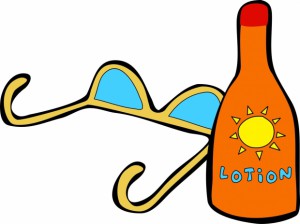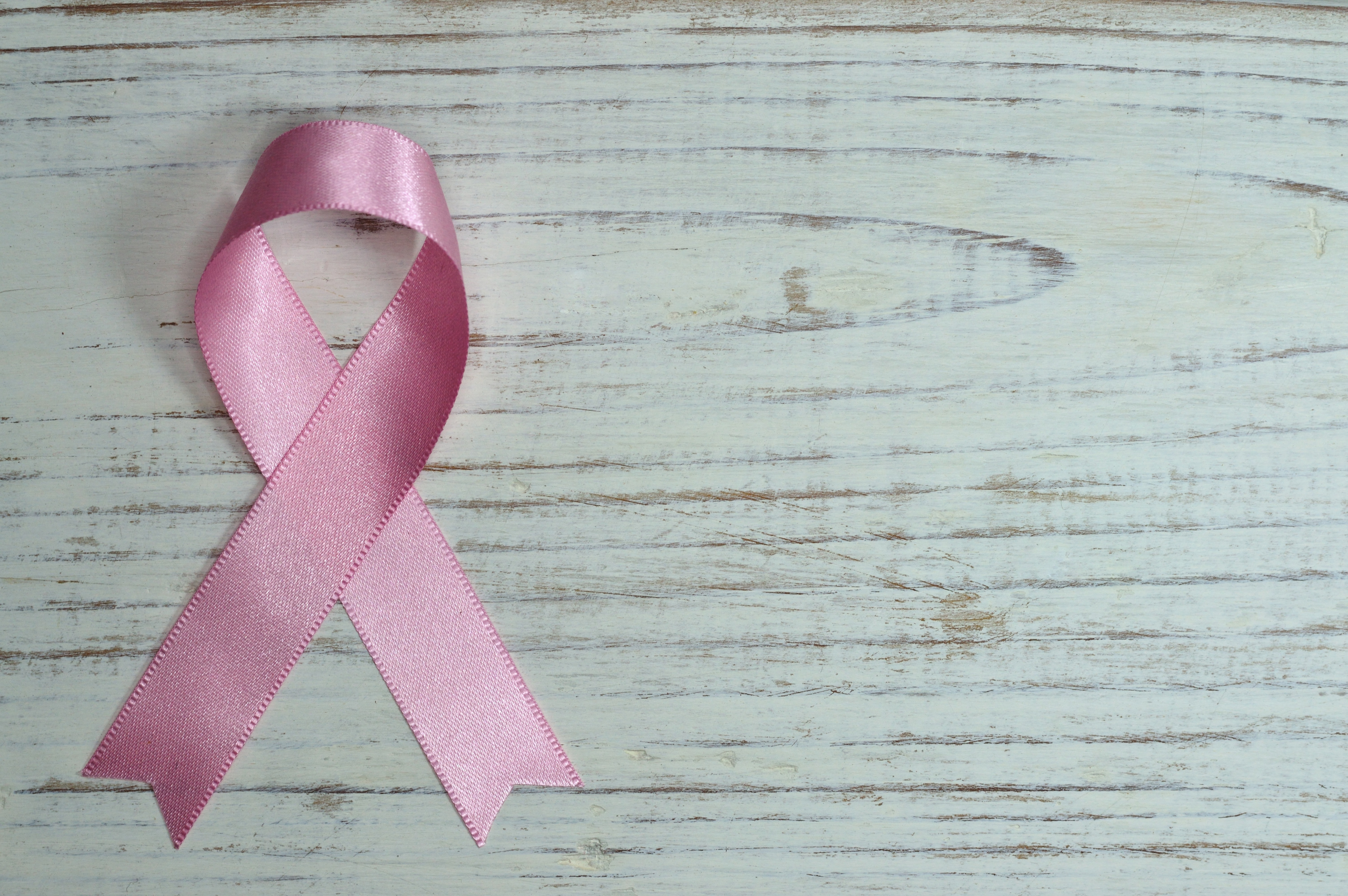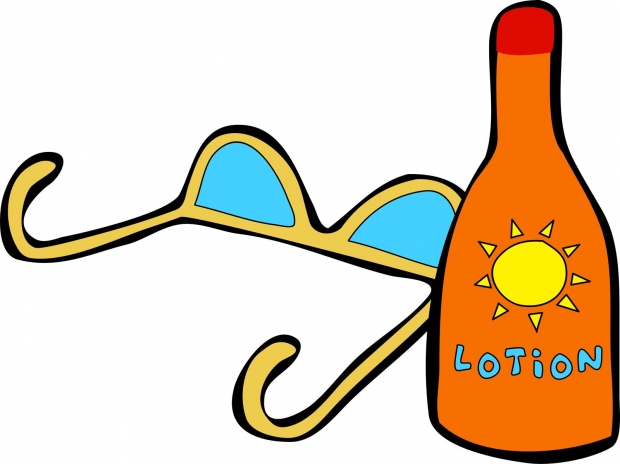Last Updated on February 6, 2020
Today is the first day of summer in the United States. Over the next few months, it will be important to protect ourselves from the health risks posed by the sun and heat. Regardless of skin color, exposure to the sun carries many dangers to one’s skin—from freckles and wrinkles often associated with aging, to sunburns, benign tumors or cancerous skin lesions. Prolonged heat exposure can also have many negative impacts on one’s health ranging from a rash, exhaustion, fainting, or even death.
 Although everyone should take precautions to protect their skin, the Food and Drug Administration (FDA) encourages those with pale skin; blond, red, or light brown hair; or who has a personal or family history of skin cancer to be especially careful while in the sun. The sun’s ultraviolet (UV) rays can damage one’s skin in as little as 15 minutes, and the best tool in combating that skin damage is sunscreen. The American Academy of Dermatology suggests applying SPF 30 (at least) liberally 15 minutes before going outside, and to reapply at least every two hours to remain protected.
Although everyone should take precautions to protect their skin, the Food and Drug Administration (FDA) encourages those with pale skin; blond, red, or light brown hair; or who has a personal or family history of skin cancer to be especially careful while in the sun. The sun’s ultraviolet (UV) rays can damage one’s skin in as little as 15 minutes, and the best tool in combating that skin damage is sunscreen. The American Academy of Dermatology suggests applying SPF 30 (at least) liberally 15 minutes before going outside, and to reapply at least every two hours to remain protected.
An often overlooked risk to health over the summer are biting insects. Illnesses from mosquito and tick bites have increased in the United States over recent years. Mosquitoes can spread viruses like Zika, West Nile, chikungunya, Eastern equine encephalitis (EEE), and dengue; ticks can infect people or pets with lyme disease, Rocky Mountain spotted fever, and other tick-borne illnesses. People should protect themselves by using insect/bug repellent and be mindful to check for ticks after spending time outside, especially in wooded areas or in tall grass. Pet owners should use a veterinarian-approved tick collar or preventative medicine to protect their dogs or outdoor cats.
To further protect your skin where sunscreen and bug spray are ineffective, the Centers for Disease Control and Prevention (CDC) suggests wearing long-sleeved shirts and pants when possible, and at least a t-shirt when the heat makes long clothing uncomfortable. Hats and sunglasses also protect vulnerable areas from the sun. Staying in the shade or avoiding the outdoors altogether during the midday hours can also lower one’s risk of skin damage from the sun.
Over 600 heat-related deaths occur per year in the U.S. The CDC has many recommendations including staying in air-conditioned or climate-controlled areas, taking cool showers or baths, drinking more water than usual to stay hydrated, avoiding alcohol or sugary drinks, and to be aware of local weather reports.
It is very important to know the symptoms of heat-related illnesses such as heat exhaustion or heat stroke. Muscle cramping is often the first sign, and could lead to heavy sweating, weakness, clammy skin, fast weak pulse, nausea, or fainting—the signs of heat exhaustion. Cramps can also lead to heat stroke, a medical emergency; if body temperature rises above 103°F with rapid and strong pulse or unconsciousness, call 911 immediately. In times of extreme heat, people are encouraged to check on friends and neighbors who are at higher risk to the heat such as people aged 65 and older, infants and children, people with chronic medical conditions, outdoor workers, and people with low income.
For low-income households, there is the Low-Income Home Energy Assistance Program (LIHEAP). The program provides federally funded assistance in managing costs associated with home energy bills or weatherization, helping those in need stay cool in the summer or warm in the winter. You can find your local LIHEAP service provider on their website.
It is important to know the dangers of sun and heat exposure, and that there are resources available for those in need. NeedyMeds has information on national Diagnosis-Based Assistance programs (DBAs) offering testing for those at risk for skin cancer or lyme disease as well as financial assistance for those already diagnosed. For more help finding information, call our toll-free helpline Monday-Friday 9am-5pm Eastern Time at 1-800-503-6897. We hope everyone enjoys the beautiful weather this summer and stays safe and healthy.




